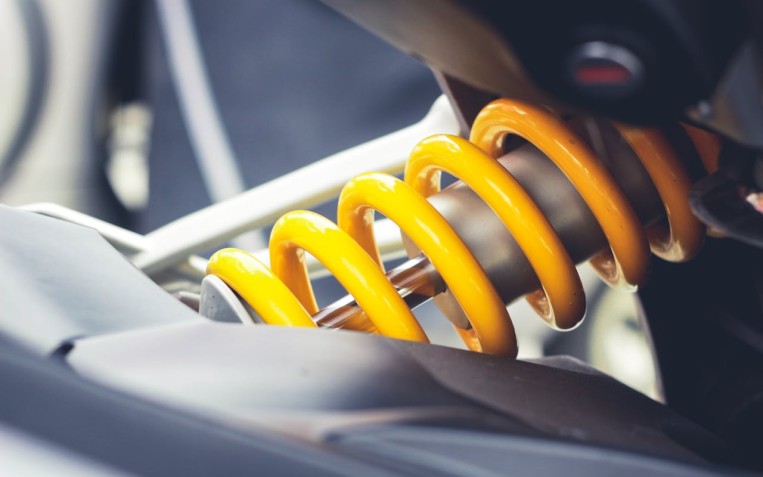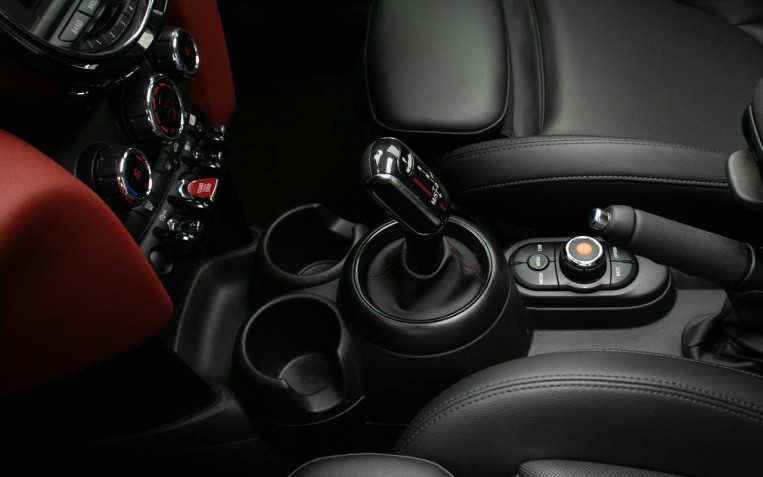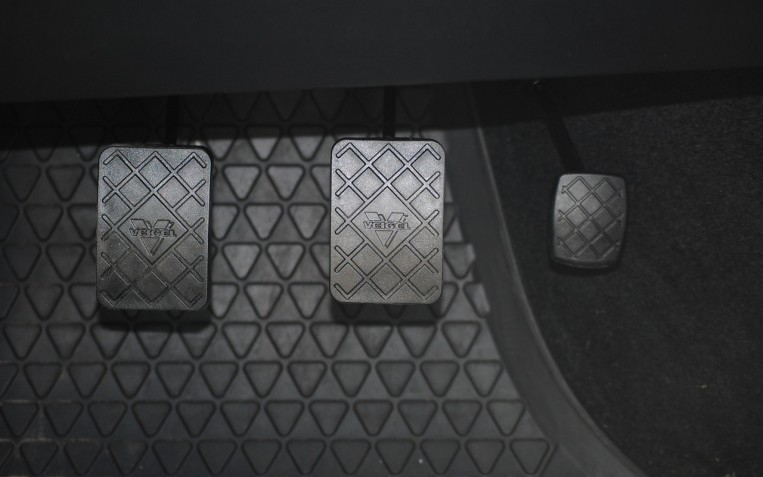10 Ways to Improve your Fuel Economy

Running a car can get expensive. One way to lower your monthly costs is to improve your fuel efficiency. Take a look at these 10 tips from PTA Garage Services and see how much you could scrape off your fuel bill!
1. Look after your car
Looking after your car and ensuring that all vehicle components are running smoothly can have a big impact on your fuel economy!
If your engine is maintained and all engine fluids are topped up it can run more efficiently and this will ultimately lower your fuel consumption.
You can make sure that your vehicle is maintained correctly by checking your engine fluids every four weeks and having a car service every 12 months, or 12,000 miles, whichever comes sooner.
2. Check your tyres
Did you know that driving on incorrectly inflated tyres can actually have a negative impact on your fuel economy?
This is because under inflated tyres require more momentum in order to move, and this, in turn, requires a greater amount of fuel.
Make sure you check your tyre pressures once a month and before any long journeys to lower your fuel economy and also to help protect your tyres from damage.
3. Shop around
The price of fuel can vary between different places. For example, fuel will usually cost more from a service station in a more remote area where you have less options available than from a service station situated in a busier area.
Supermarkets tend to offer the best prices, but you should always keep an eye on the fuel prices offered in your local area along with any deals.
4. Plan ahead
As mentioned, fuel cost can vary in different places, and one of the most expensive places to refuel tends to be service stations on motorways. For this reason, you should plan ahead and fill up your tank before embarking on a long journey.
You should also keep an eye on local traffic reports before making any journeys by car. Avoid congested routes if possible, as starting and stopping your engine will use more fuel.
5. Make fewer short trips
Try to cut down on the need to warm up your engine, which uses more fuel, by combining shorter trips in to one journey or instead consider walking or cycling some of your journeys. This may not always be possible, but if you can reduce your small trips you may be able to significantly reduce your fuel economy.
6. Slow down
Although you are driving the same distance, taking it at a slower speed is more beneficial for your fuel economy. Cars have an optimum performance speed, which is usually between 55-60mph, and once this is surpassed, you will be using more fuel to maintain your speed.
7. Drive gently
Similarly, sharp acceleration and braking can have a negative impact on your vehicles’ fuel economy. Try to drive more smoothly, and in high gears whenever possible, to increase your fuel efficiency.
8. Turn off the air conditioning
When you are driving at low speeds using the air conditioning can have a big impact on the amount of fuel that you use. You should run your air conditioning system once a week to keep it in good condition and to de-mist your windows in winter but except for that you should only use your air conditioning when travelling at high speeds and when the temperature denotes that you need to.
9. Close your windows
Alternatively, when driving in a hot car at low speeds you should open your windows to let air in instead of running your air conditioning. This advice, however, is reversed if you are travelling at high, motorway speeds as open windows will drastically increase your fuel consumption!
This is due to the drag caused by open windows which forces your vehicle to use more fuel in order to maintain speed.
10. Watch your weight
If you are driving with a heavy load your fuel consumption will be higher as your vehicle will need to work harder to travel. This is unavoidable in some situations, but if you tend to leave bulky items in your car unnecessarily or keep your bike rack attached when not in use, you should try to streamline your vehicle, by removing them when not in use.
For more information on reducing fuel consumption or if you are interested in purchasing more efficient tyres for your vehicle, contact your local PTA Garage Services branch where our trained specialists will be happy to offer advice.
Alternatively, if you have recently noticed your fuel consumption rise unexpectedly, you can have your vehicle checked at your local branch.
Related Content

Should I have soft or stiff suspension springs for my vehicle?
Suspension springs are essential for maintaining your vehicle’s stability and ride height. Over time, the springs will succumb to wear and tear, which affects how your car handles, brakes and accelerates on the road. Discover whether you should...

What is engine braking?
Engine braking involves taking your foot off the accelerator pedal, allowing your car to slow down. Over time, the parts on your vehicle’s braki...

A guide to the different types of car clutches
The clutch is responsible for channelling the power from the engine, through to the gearbox, and the wheels. Your vehicle's clutch will differ dependi...

